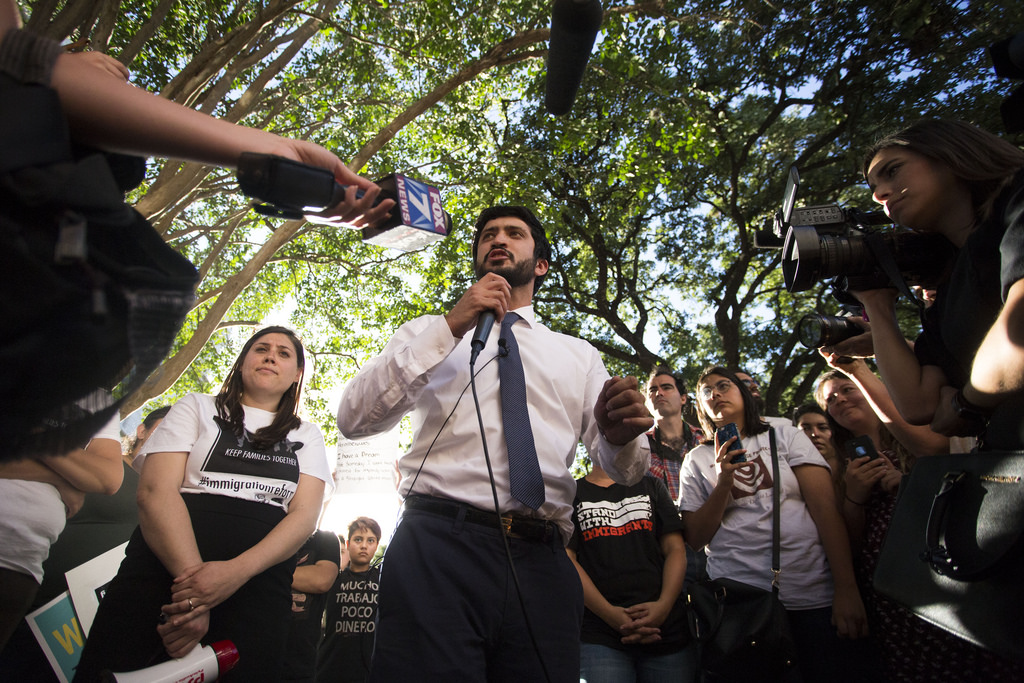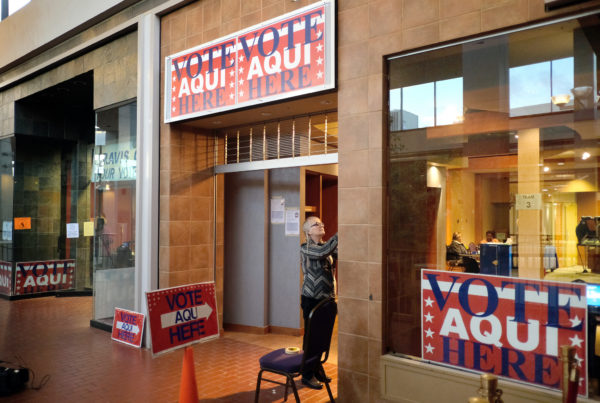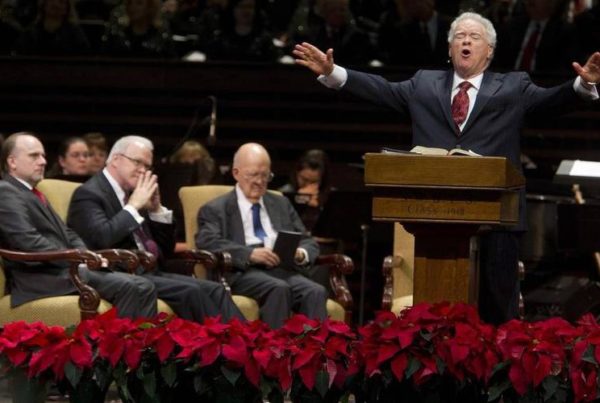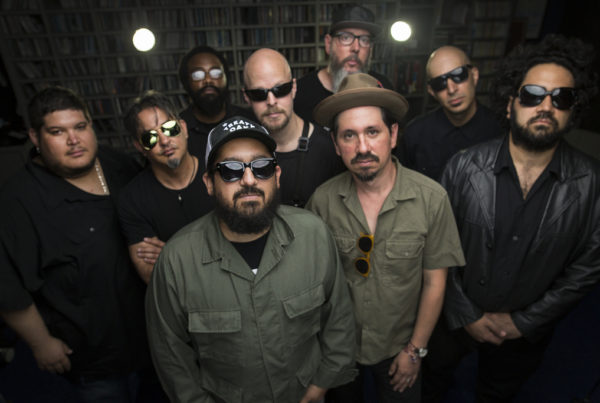The Austin City Council will vote this Thursday on a package of proposals designed to make the capital city Texas’ first “freedom city.”
In 2017, SB4 – known as the “sanctuary city ban – was passed by the Texas Legislature. The law punishes local officials who don’t cooperate with requests from federal Immigration and Customs Enforcement, or ICE, and gives law enforcement officers permission to question the immigration status of those who are detained or arrested.
Now, with a politically polarized state and ongoing debates about local control, Austin City Council Member Greg Casar is pushing for a new designation for his city: not a “sanctuary city,” but a “freedom city.”
“The goal of the freedom city policy is to ensure everyone is treated as fairly and equitably in our criminal justice system and by law enforcement as possible,” Casar says. It’s a goal that requires “thinking about the fact that people of color in particular are being overcharged, over arrested, overpoliced and over punished by our criminal justice system.”
The comprehensive package would reform the Austin Police Department in a number of ways. The key component would be ending unnecessary arrests for non-violent, Class C misdemeanors, according to Casar.
Committing a Class C misdemeanor results in a citation or ticket in the majority of cases. However, because police officers have what Casar calls a “wide breadth of discretion” to arrest an offender as they see fit, the punishment process for these low level crimes end up with statistically discriminatory and variable outcomes.
“The Austin Police Department is seven times more likely to arrest you for possessing a small amount of marijuana if you are black than if you are white,” says Casar.
The new proposals would establish clear policies and protocols, both for the police and the public, on exactly what should happen if you are caught committing a low-level, nonviolent misdemeanor. Casar says officers would still have the discretion to make an arrest if there is a threat to another person.
“Ultimately as elected officials for the city, it’s our responsibility to use our police resources effectively. Sometimes there isn’t much guidance provided to officers about when to give citations and tickets and when to make arrests and so this would, I think, provide that clarity,” says Casar.
The “freedom city” policy also requires that if officers request to see the immigration papers of an individual, they follow that request up by informing the individual that he or she has a right to deny the request without being arrested.
“Our criminal justice system overwhelming targets communities of color. Can we set up rules that treat people more equally? On the immigration front, can we ensure that all immigrants that might be questioned of their status know their rights?” says Casar.
Does Austin becoming a “freedom city” mean another showdown in the Texas legislature? If so, Casar says it’s a argument he welcomes.
“If the governor or the legislator wants to pass laws telling cities that there are bans from telling their communities of their rights under the U.S. Constitution, then I welcome that debate.”
Written by Sarah Yoakley.














